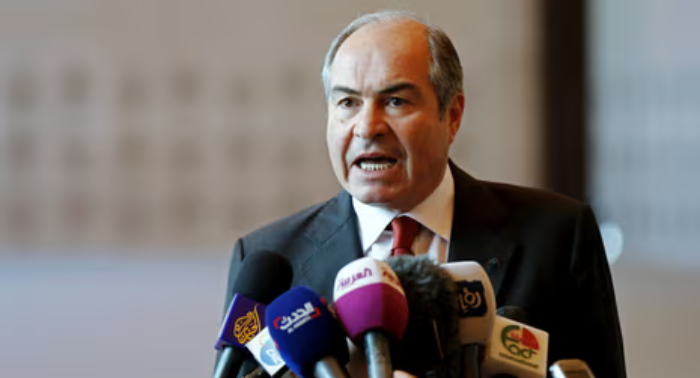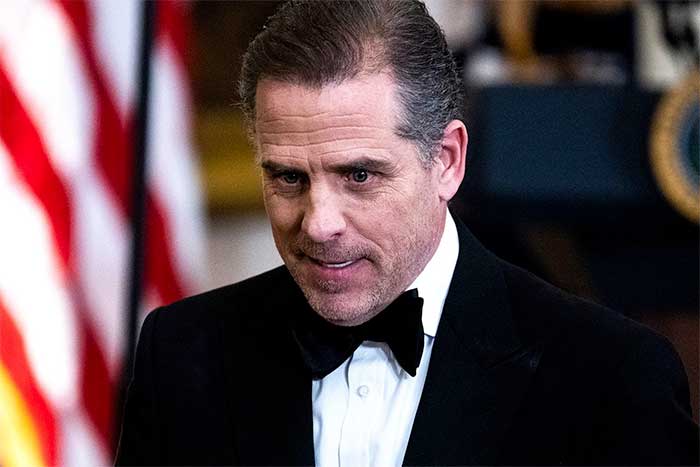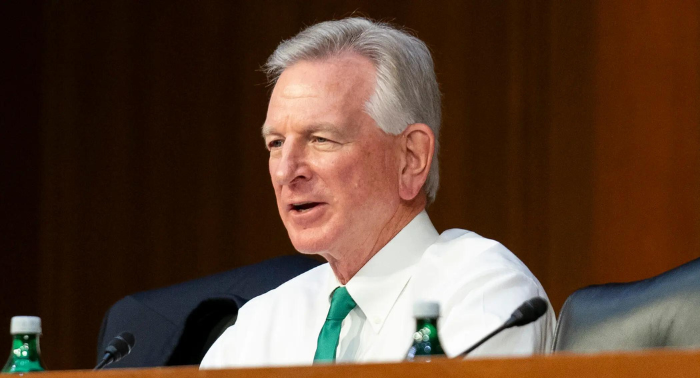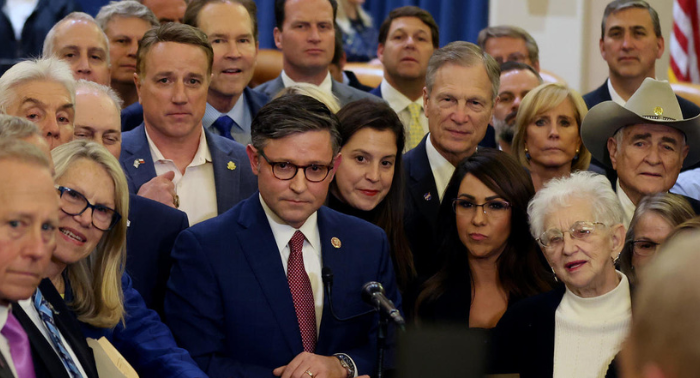As four House Republicans who initially supported Rep. Jim Jordan, R-Ohio, for the position of Speaker of the House switched their allegiance to other candidates on Wednesday, questions arose about Jordan’s prospects in the race for the House’s top leadership role.
Sources close to Jordan’s camp indicated that he aimed to stay in the race for one more ballot, hoping to regain the support of some of the 22 Republicans who did not back him initially. However, considering the significant number of votes against him, the path forward appeared increasingly challenging for Jordan.
In the event that Jordan decides to withdraw from the race, the pressing question for the 221 Republicans in the closely divided House is who could secure the “magic 217” majority required to assume the speaker’s role.
According to insiders within the House GOP Conference, the most likely scenario following Wednesday’s vote for speaker was to grant Speaker Pro Tem Patrick McHenry, R-N.C., full authority as speaker for a period of 15 days. This move would allow members to address critical matters such as government funding when the current Continuing Resolution expires next month and provide aid to Israel during a significant crisis.
However, this proposal faced several challenges. It had originally been suggested by four Democratic members of the House Problem Solvers Caucus over the weekend, which led to skepticism among many Republicans. Additionally, McHenry himself, known for his expertise in policy matters, preferred the chairmanship of the House Financial Services Committee over the role of a “coalition speaker.”
Another name that began to gain traction as a potential temporary speaker was House Rules Committee Chairman Tom Cole, R-Okla. At the age of 74 and with ten terms under his belt, Cole was widely respected by his colleagues and had strong connections on both sides of the aisle.
“I would vote for Tom Cole in a minute — after Jim Jordan,” remarked Rep. Dan Meuser, R-Penn, shortly after the Wednesday vote.
Should the option of a “temporary speaker” fail to materialize, the House GOP Conference would likely explore other nominations. Two prominent names in consideration were House Majority Whip Tom Emmer of Minnesota and House Republican Study Committee Chairman Kevin Hern of Oklahoma.
As the situation continued to evolve, the path to selecting the next Speaker of the House remained uncertain, with various possibilities and contenders under discussion within the Republican caucus.




